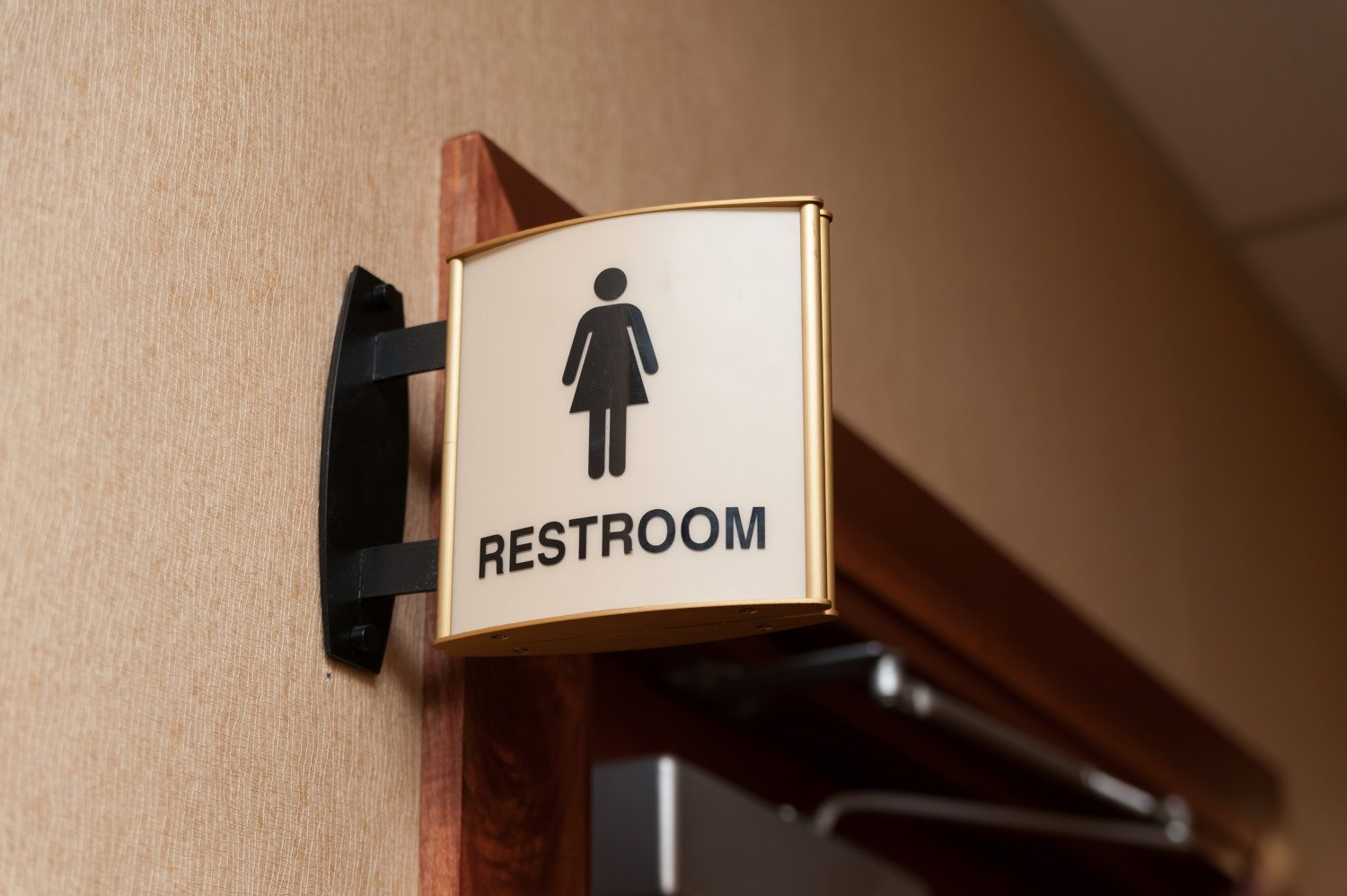“I only pee if I laugh a lot or when I’m sick and am coughing more frequently.”
“I just make sure to wear black leggings so that if I pee during the workout class, no one can tell.”
“I wear a liner every day, just in case.”
“If I know I have to be in the car for awhile, I’ll drink less water so I don’t have to go as much.”
These are common statements I hear daily from patients attempting to rationalize their bladder leakage (urinary incontinence). Our society has normalized incidents of urgency-related, activity-induced, and coughing, laughing, and sneezing-related urinary leakage, especially among pregnant individuals or those who have given birth. However, just because it is common doesn’t mean it is normal. Bladder leakage can stem from various reasons but is typically categorized into two groups – leakage due to a weak pelvic floor and leakage due to a tight pelvic floor.
Too weak is usually an easy concept to understand. The pelvic floor muscles support the bladder and if they are not strong enough to contract fully, the bladder does not get that support and leakage can occur. Bladder leakage due to pelvic floor weakness is commonly seen in the postmenopausal population, amongst people who recently had a baby, especially with a vaginal delivery, and who have symptoms of prolapse or “bladder drop”.
Too much tension is usually a more difficult idea to grasp. To function optimally, our pelvic floor muscles must both contract and relax fully. To illustrate this, consider your elbow. Just as an inability to fully bend and straighten your elbow limits your arm’s range of motion and therefore function, a pelvic floor that struggles to relax may hinder its ability to contract appropriately. This is crucial for providing support to the bladder during activities like coughing, laughing, sneezing, jumping, and running. Imagine your pelvic floor as having elasticity, similar to jumping on a trampoline. It should yield appropriately during activities, much like the bounce on a trampoline. However, if the pelvic floor is excessively tight, its capacity to absorb the impact of activities, such as jumping on concrete, is significantly reduced. Individuals with tension in their pelvic floor often experience challenges like bladder leakage due to urgency, discomfort during intercourse, whether that pain is felt vaginally or in the abdomen, and may also encounter issues with constipation. Addressing pelvic floor tightness is crucial for maintaining optimal function and preventing associated complications.
A pelvic floor physical therapist can assess whether tension or weakness is the cause of your bladder leakage and promptly implement steps to reduce its frequency and severity. The more aware you are of your specific situation, the better you can control your bladder leakage.
Dr. Jaclyn McCullough, PT

Physical Therapist


